Project Background
Education Bridge seeks to create flourishing South Sudanese communities through holistic education and conflict transformation. As part of this mission, Education Bridge opened its first school, Greenbelt Academy Bor, in South Sudan in February 2017. Led by South Sudanese Notre Dame graduate Majak Anyieth ’17 (who was a student in this International Development in Practice class), Greenbelt Academy Bor High School has grades 9-12, and in a very short time, has become one of the strongest academic schools in South Sudan. Last year, Education Bridge opened its second school, Greenbelt Academy Juba, in the capital of South Sudan. Greenbelt Academies seek to provide quality secondary education as well as to develop a generation of South Sudanese who are not only well prepared academically, but who also see themselves as peacemakers and transformational leaders.
Education Bridge aspires to achieve its mission by building a network of secondary schools that provide access to quality secondary education, innovative peace education, and transformative leadership development. The organization plans to build a network of 10 secondary schools across the country. Their two schools currently serve more than 750 students in grades 9-12. In 2021, Greenbelt Academy in Bor ranked as the top school in South Sudan based on national standardized exams.
Definition of Opportunity
As we continue expanding our school network, we want to ensure that we do not lose or compromise what makes us unique and successful as a school network. We ask the DAT team to explore similar networks (e.g., charter schools and international school networks in other parts of the world) and to provide recommendations on how the schools have been able to scale with quality. More specifically, we hope the team will explore what should be key elements to evaluate before expanding our school network.
Definition of Success
The team’s work should provide targets on some of these aspects to be assessed as indicators of readiness for engaging in an expansion strategy.
Based on experiences of other school networks, provide actionable recommendations that address concrete institutional, instructional and operational criteria that Education Bridge should assess before further expansion. We are also interested in how Education Bridge can use data from their own experiences to accelerate the growth and quality of their programs, and inform the criteria around expansion.





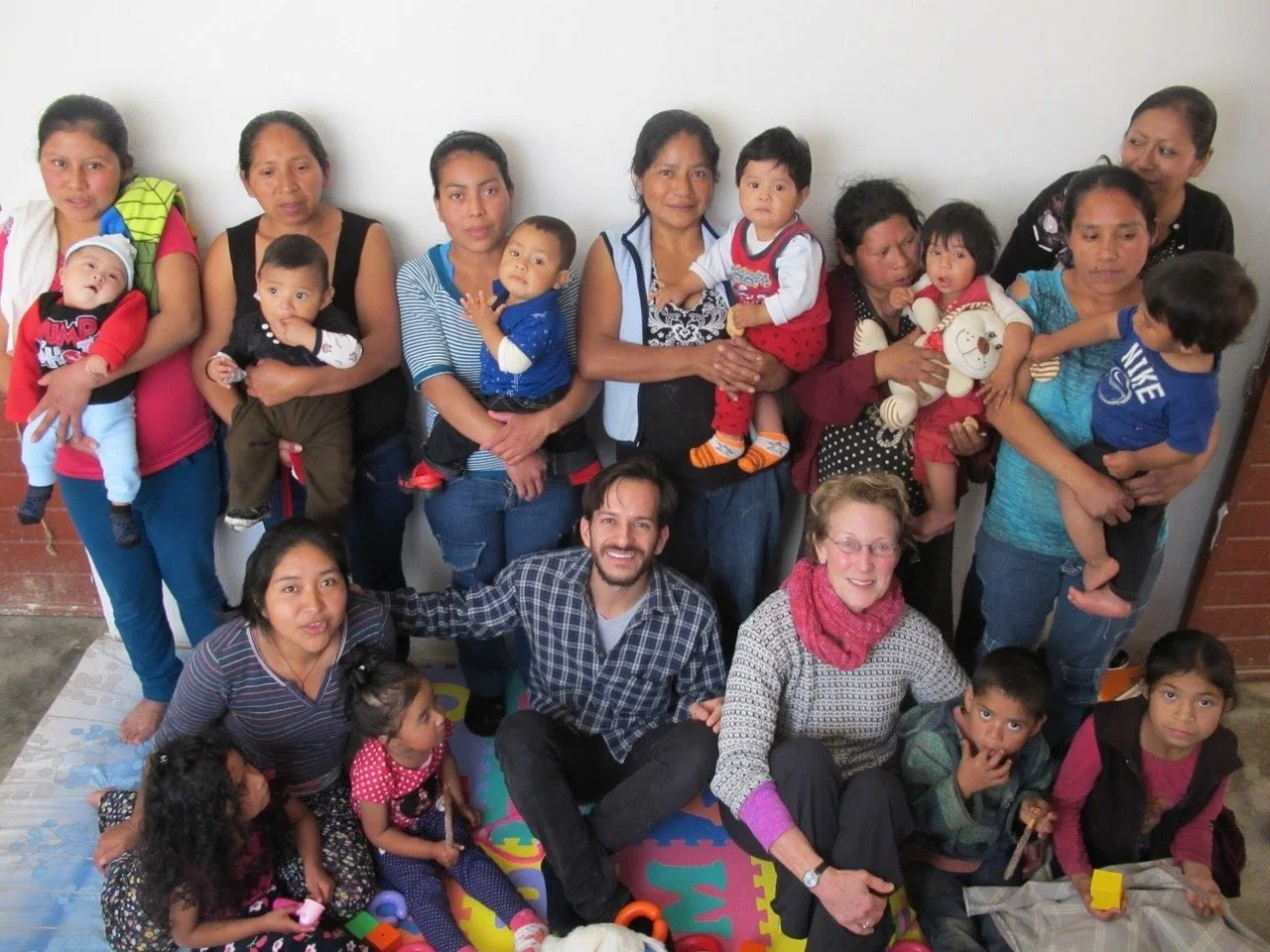
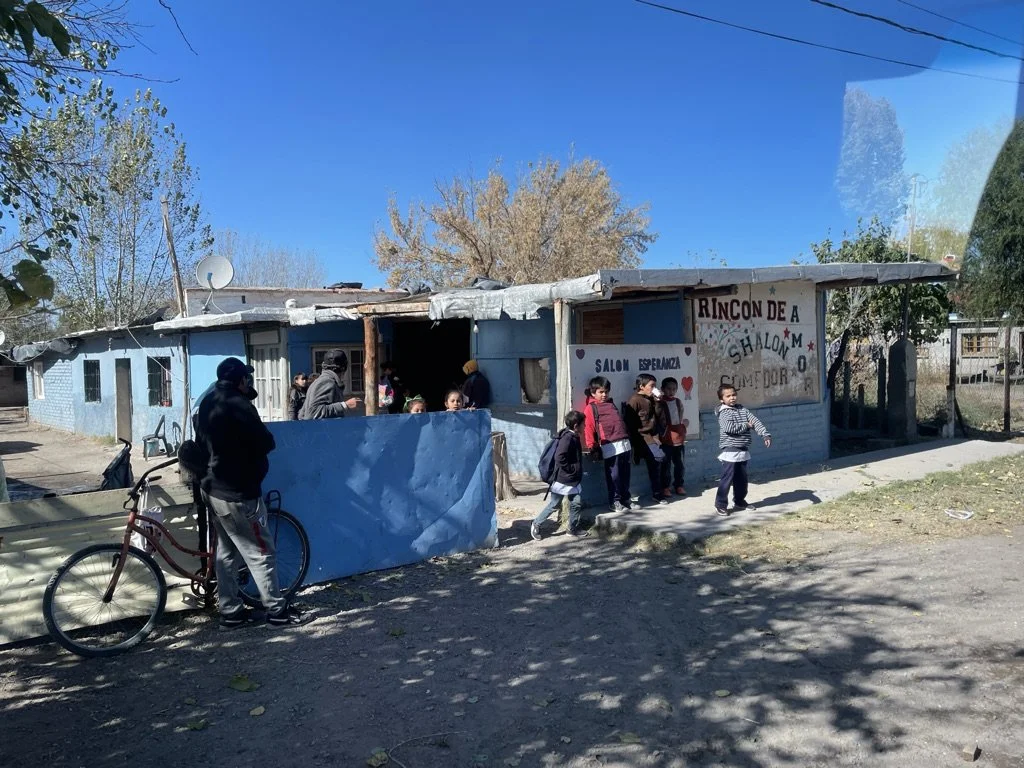






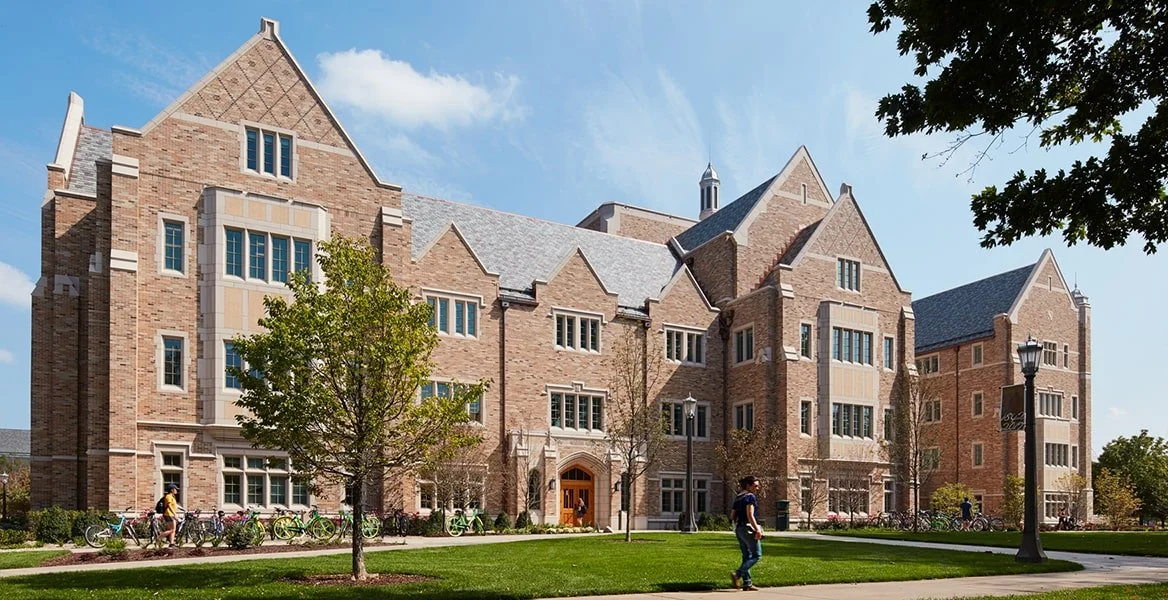



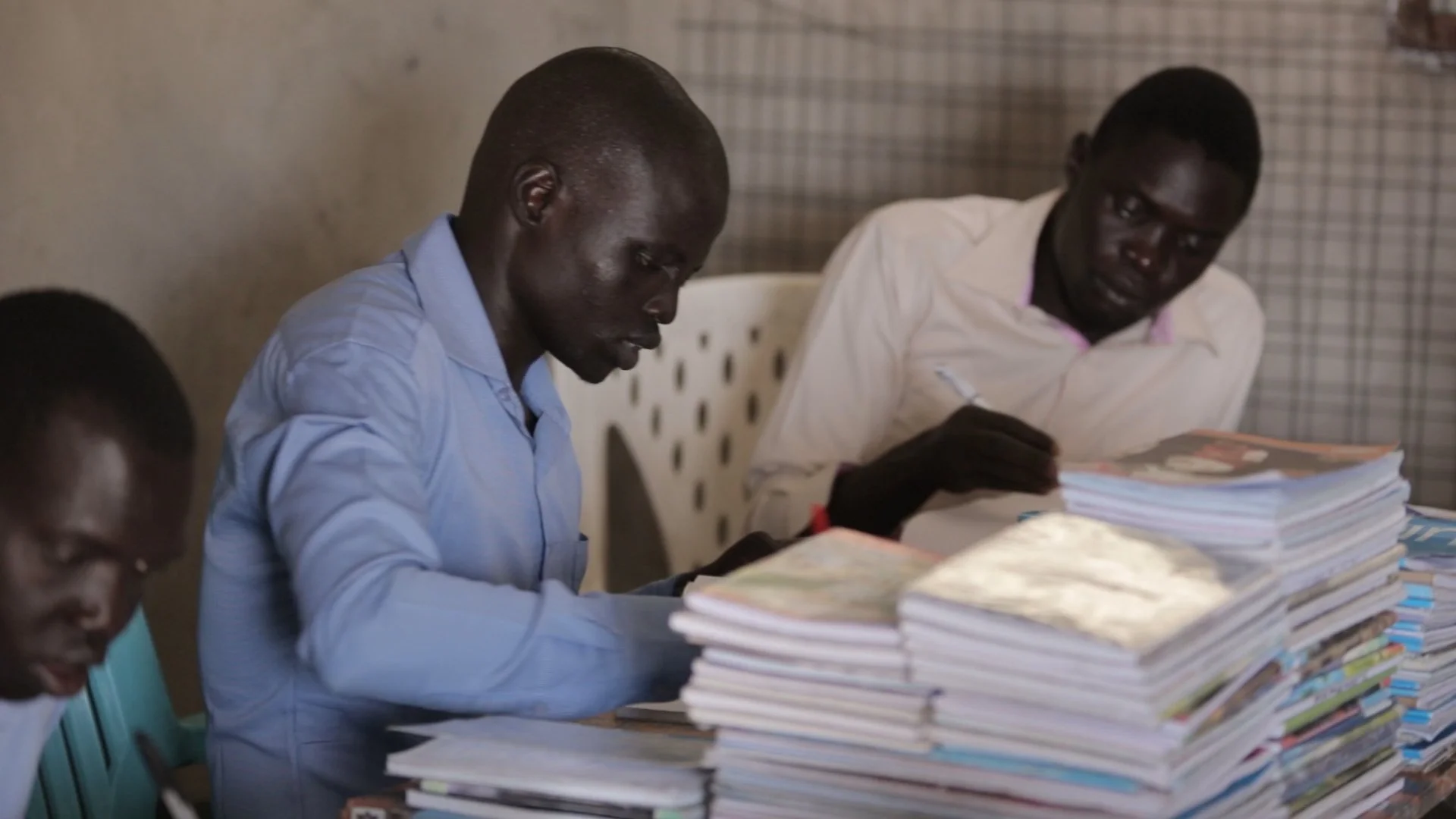
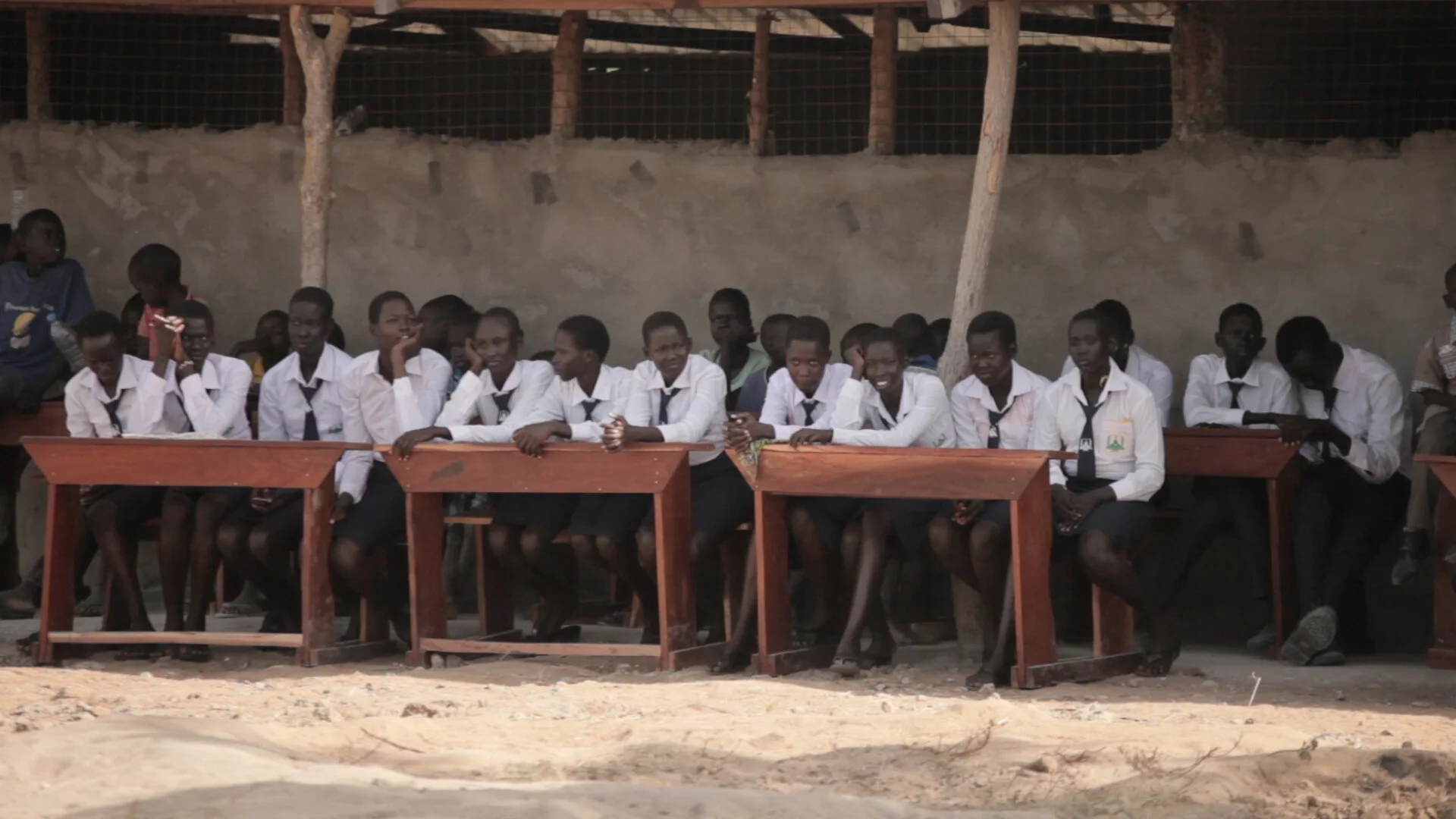

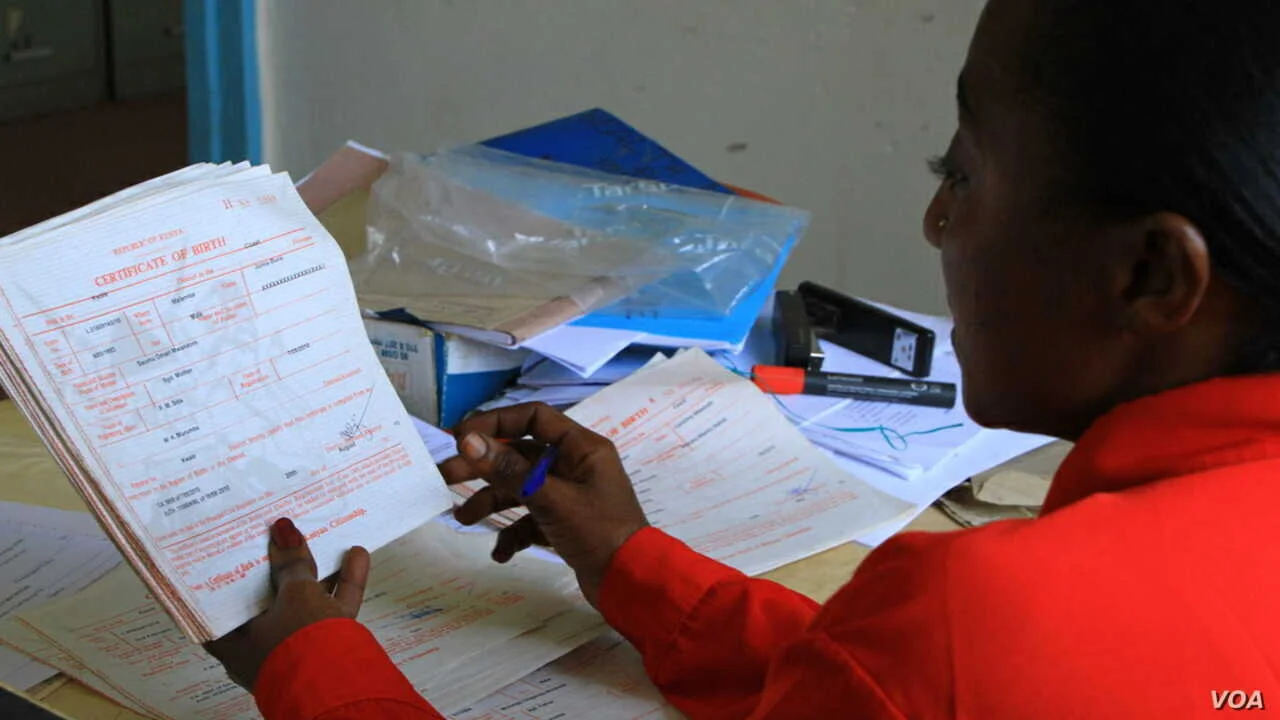

![The Vines [Food Security] (Fall 2021)](https://images.squarespace-cdn.com/content/v1/56383b39e4b0936ed2c3e359/1631200883485-5JTCWH22EQVK5KNX7HFA/vines2.jpeg)
